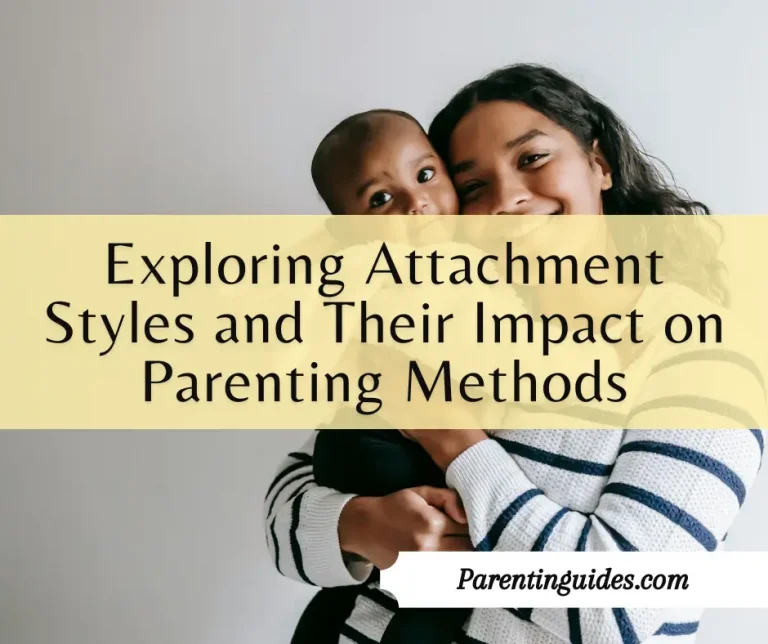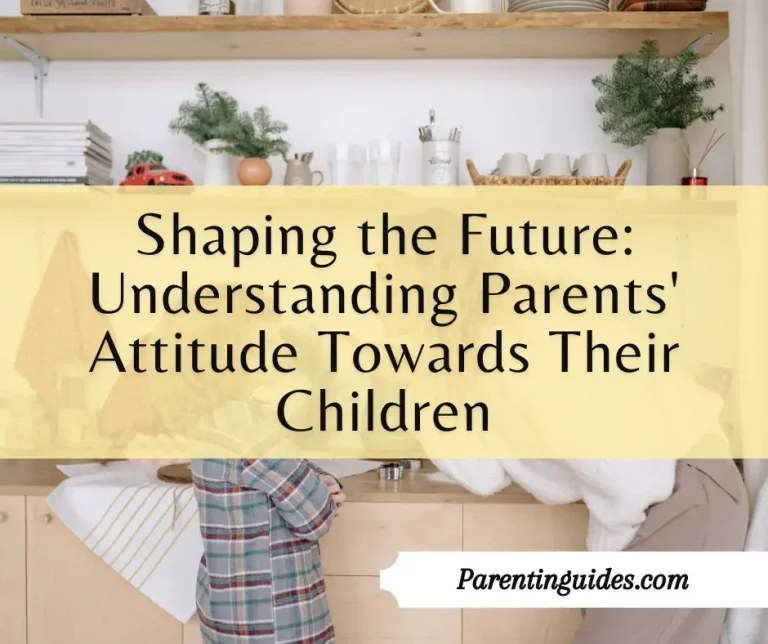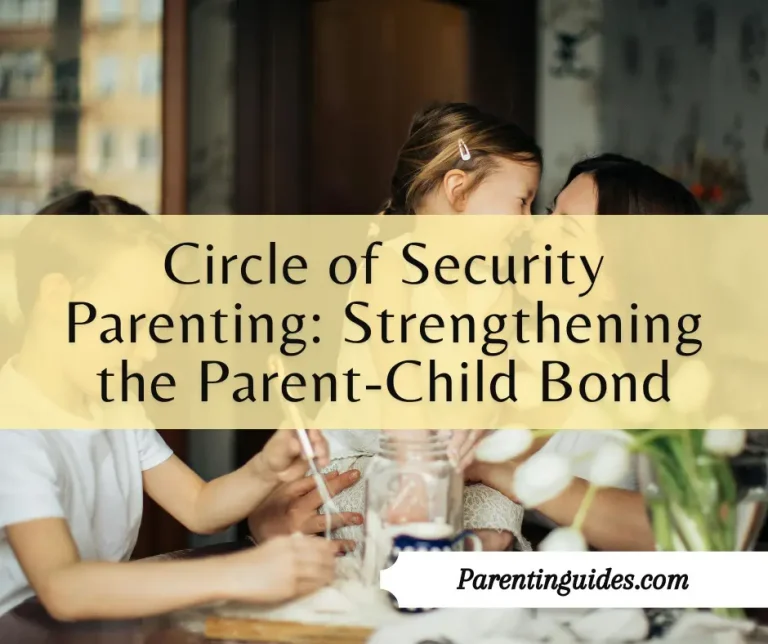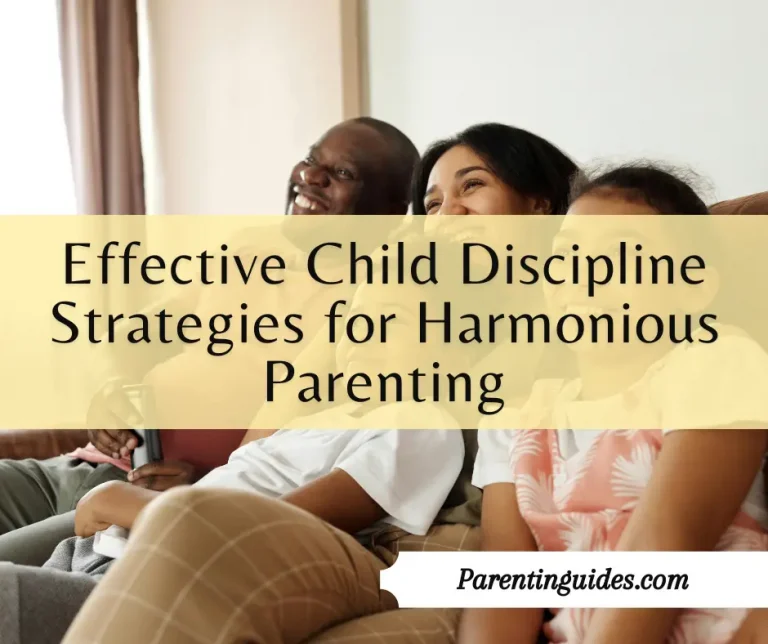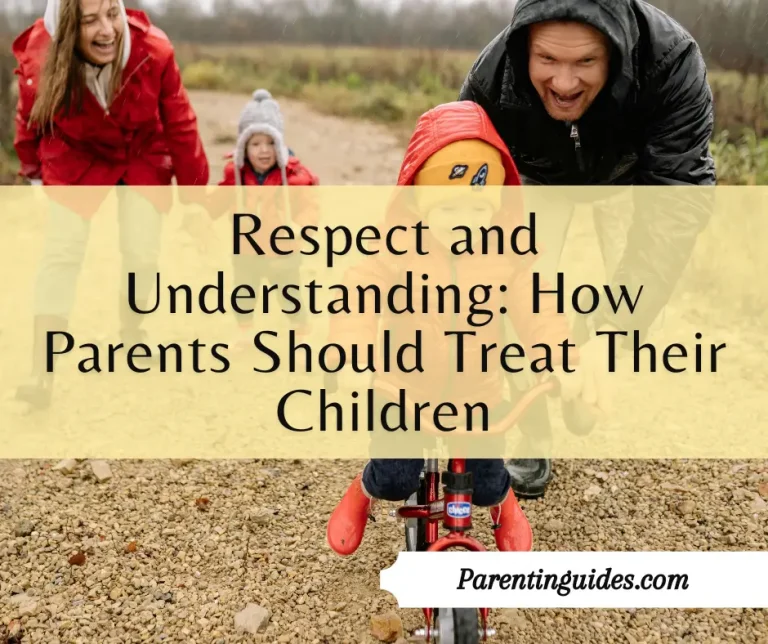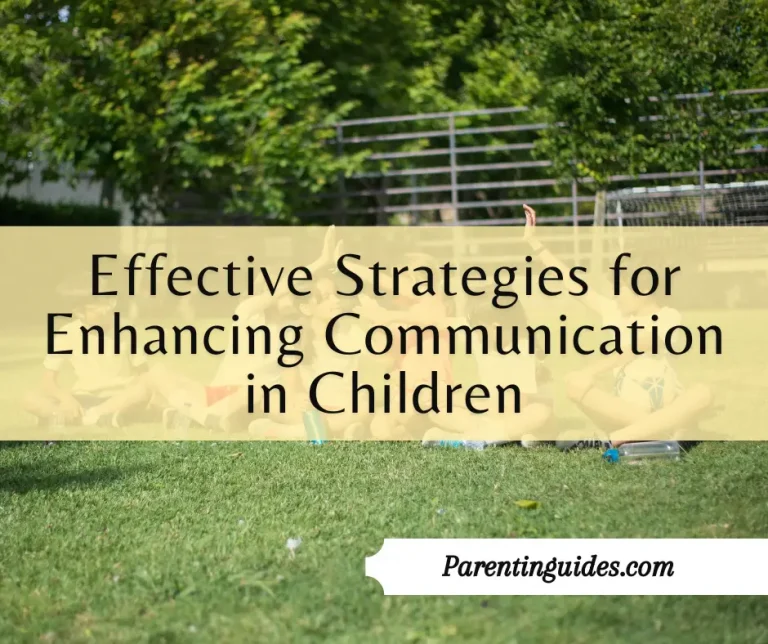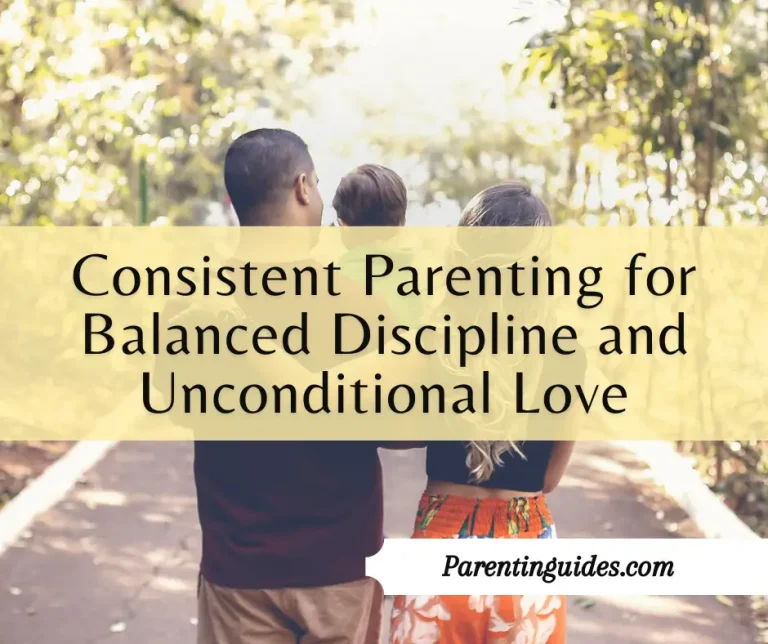As parents, my husband and I know first-hand how quickly tempers can flare. We have been there, in the heat of a moment, feeling the rush of anger. This is a common experience for many parents. Yet, how we manage this anger matters immensely not just for our peace of mind, but for the well-being of our kids and the health of our family life. Anger management for parents is not just a nice skill to have. The reason is that it is essential.
The impact of our anger on our children can be profound. Kids look to us for cues on how to handle emotions. When they see us losing control, it can scare them, confuse them, or worse, teach them that anger is the right response to frustration. This can disturb the harmony of our family, creating a home environment that feels more like a battleground than a haven.
This is why we are focusing on anger management for parents. The goal here is to share strategies that have helped us stay calm and connected with our children, even when the going gets tough. It’s about turning those challenging moments into opportunities for growth and understanding, rather than conflict.
From recognizing the early signs of frustration to adopting long-term habits that promote emotional stability, we will cover techniques that have worked for us and might just work for you too. Think of this as your guide to navigating parenting’s stormy waters with a little more grace and a lot less stress. Let’s explore together about anger management for parents. Join us to learn how to keep our cool, connect with our kids, and create a nurturing environment where everyone feels valued and understood.

Understanding Anger in Parenting
The Roots of Anger
As parents, my husband and I have navigated our fair share of stressful days and sleepless nights. We have identified a few common triggers that spark anger. These include exhaustion, unmet expectations, and the endless balancing act of parenting, work, and personal life. Another trigger is the feeling of being underappreciated or unsupported, which can quickly lead to frustration.
Anger, at its core, is a natural response. It is our brain’s way of saying, “Hey, something is not right here.” Psychologically, it can stem from feelings of threat, injustice, or powerlessness. Emotionally, it is often linked to deeper feelings such as fear, sadness, or hurt. Recognizing this has been a game-changer for us. Understanding that anger often masks other emotions helps us address the real issues at hand.
In our journey, we have learned that anger management for parents begins with understanding these roots. By acknowledging what triggers our anger, we can start to tackle it more effectively. It is not just about controlling temper flare-ups. Here, it is about getting to the heart of what causes them. This insight has been invaluable for us, and it is a crucial step in managing anger in a healthy way.
The Effects of Anger
Seeing the impact of our anger on our children was a wake-up call. It is clear that how we handle our anger influences our kids’ emotional landscape. When we react with anger, it can make our children feel insecure or anxious. They might start walking on eggshells around us, afraid to trigger an outburst. This tension can disrupt the sense of safety and security that children need for healthy development.
Moreover, our anger can strain the parent-child relationship. It can create a barrier, making it harder for our children to open up to us. They might fear our reactions, choosing to keep their feelings and struggles to themselves. This distance is the opposite of the close, trusting relationship we aim to build.
We’ve also noticed that frequent displays of anger can disturb the family harmony we cherish. Instead of a home being a sanctuary, it can feel like a stormy sea. It’s essential for us, as parents, to understand these effects. Anger management for parents isn’t just about us; it’s about preserving the well-being of our children and the peace of our home.
Through this understanding, my husband and I have committed to managing our anger. We aim to model emotional regulation for our children, showing them that while it’s normal to feel angry, how we express and deal with that anger matters. This commitment to managing our emotions is a cornerstone of creating a nurturing and stable family environment.

Strategies for Managing Anger
Recognizing the Signs of Rising Anger
In our journey of anger management for parents, my husband and I have learned the importance of recognizing the early signs of anger. It’s like catching a snowball before it rolls downhill and becomes too big to stop. For us, the first signs include a quickened heartbeat, a sudden warmth flushing our faces, and a tightening in our stomachs. Everyone has their unique signals, but these are ours.
Identifying these cues early on is crucial. It gives us a chance to pause and choose how to react, rather than letting anger take the wheel. We also pay attention to what triggers our anger. For me, it’s the chaos of morning routines. For my husband, it’s coming home to a noisy house after a long day. Knowing these triggers helps us prepare and manage our reactions better.
Understanding and recognizing these signs and triggers is a foundational step in anger management for parents. It’s about becoming aware of our emotional state before it escalates. This awareness is the first tool in our anger management toolkit. It’s what allows us to switch gears and employ techniques to calm down, setting a positive example for our children on handling emotions constructively.
Immediate Calming Techniques
Once we recognize the early signs of anger, we employ immediate calming techniques. Simply, Anger Management for Parents is very important to be considered with the immediate calming techniques. Deep breathing is our go-to method. We take a slow, deep breath in, hold it for a few seconds, and then release it slowly. This simple act can work wonders in lowering the emotional temperature. It is also like pressing a pause button, giving us a moment to step back from the brink of anger.
Another technique we have found effective is the concept of taking a time-out. And no, it is not just for kids. Sometimes, when the tension rises, we permit ourselves to step away for a few minutes. This could mean going to another room or just taking a short walk outside. The key is to remove ourselves from the immediate situation that is causing stress. Here, it is allowing us to cool down and gather our thoughts.
When it comes to anger management for parents, both deep breathing and taking time-outs are simple yet powerful strategies for parents. They help us regain our composure and approach the situation with a clearer, calmer mind. By practicing these techniques, we not only manage our anger more effectively. It also teaches our children valuable skills for regulating their own emotions. It is simply about showing them that while it is okay to feel angry, there are healthy ways to handle it.
Long-Term Anger Management Strategies
For a lasting change in anger management for parents, my husband and I have incorporated regular exercise into our routine. It is not just about staying fit. Here, it is about mental health too. Exercise has a way of burning off the stress that accumulates throughout the day. Whether it’s a brisk walk, a run, or yoga, physical activity boosts our mood and helps us feel more balanced. It is like hitting a reset button, giving us a clearer, calmer perspective.
Alongside exercise, we have explored mindfulness and meditation. These practices help us stay centered, even on chaotic days. Taking just a few minutes each day to sit quietly and focus on our breathing has made a significant difference. It teaches us to be present in the moment, rather than getting lost in worries about the past or future. This presence of mind is crucial in recognizing when anger starts to bubble up, allowing us to address it before it overflows.
These long-term strategies are vital in the section of anger management for parents. They don’t just help in the heat of the moment but change our baseline, making us less prone to anger in the first place. Regular exercise and mindfulness practices have been game-changers for us. It is also helping us approach parenting challenges with a steadier hand and a calmer heart.
Communication and Problem-Solving Skills
Effective communication is another cornerstone of anger management for parents. We have learned the importance of expressing our feelings without assigning blame. Using “I” statements, like “I feel overwhelmed when the house is noisy, and I’m trying to work,” opens up a conversation without putting anyone on the defensive. It is simply about sharing our feelings and needs clearly and calmly.
We also practice active listening with our children and each other. This means hearing what the other person is saying, without immediately thinking about our response. It shows respect for their feelings and perspectives, fostering a deeper connection and understanding.
Collaborative problem-solving is our strategy for dealing with conflicts. Instead of dictating solutions, we involve our children in finding solutions. “What do you think we can do to make mornings less rushed?” This approach empowers them, teaches responsibility, and shows that we value their input. It turns potential conflicts into opportunities for cooperation and growth.
When it comes to anger management for parents, these communication and problem-solving skills are crucial in managing anger and building a healthy, connected family environment. They allow us to address issues before they escalate into anger, creating a more peaceful home for everyone. By practicing these techniques, we are not just managing our anger. Here, we are also strengthening our family bonds and teaching our children valuable life skills.

Building a Supportive Environment as parents
Creating a Calm Home Atmosphere
In our home, creating a calm atmosphere has been key in our journey of anger management for parents. We have learned that a peaceful living space isn’t just about tidy rooms. Here, it is about fostering an environment where everyone feels at ease. This begins with establishing routines. A predictable schedule helps reduce stress for both us and our kids. Knowing what to expect each day brings a sense of security and stability.
We’ve also infused our home with rituals that encourage relaxation and connection. This could be as simple as reading together before bed or having a family game night each week. These rituals become the heartbeat of our family life, moments everyone looks forward to.
Creating relaxation areas within our home has been another strategy. These are quiet spaces where any of us can go to unwind and have a moment of peace. It could be a cozy corner with pillows and books or a special spot in the garden. These spaces are sanctuaries, places where the hustle and bustle of daily life can’t intrude.
when it comes to anger management for parents, the importance of a calm home atmosphere can’t be overstated. It is the foundation upon which we build our strategies for managing anger. By nurturing a peaceful environment, we are setting the stage for more harmonious interactions. Moreover, we are also reducing the triggers that can lead to control anger management for parents.
Seeking and Offering Support
Anger management for parents is not a journey we have undertaken alone. Seeking support from groups and counselors has been a vital part of our strategy. These resources have provided us with tools and techniques we might not have discovered on our own. They have also offered us a space to share our experiences and learn from others. Knowing we are not alone in our struggles has been incredibly comforting.
Equally important has been fostering a support network with other parents. We have connected with families in our community who are on a similar path. These connections have become a source of strength and encouragement. We share advice, offer a listening ear, and sometimes just provide a shoulder to lean on. This network has become our extended family, a community of support that understands the ups and downs of parenting.
Building this supportive environment has been crucial in anger management for parents. It has provided us with a safety net, a community of people who lift each other. Whether it’s through formal support groups or informal networks of friends, having this support has made all the difference. It’s helped us navigate the challenges of parenting with more grace and less anger, creating a more loving and connected family life.
In creating a supportive environment, both within our home and through our network, we have found invaluable resources in our anger management journey. This approach has not only helped us manage our emotions but has also enriched our family life, making it more peaceful and connected.
Staying Connected with Your Children to control anger management for parents
Practicing Empathy and Patience
One of the most transformative aspects of our journey in anger management for parents has been learning to practice empathy and patience. Seeing the world through our children’s eyes changes everything. It’s about understanding that their mistakes, fears, and behaviors are all part of their learning and growing process.
When a glass of milk spills, or homework gets forgotten, we try to remember what it felt like to be their age. This perspective shift helps us respond with patience rather than frustration. We ask questions to understand their feelings and thoughts, showing them their experiences matter to us. This practice of empathy builds a bridge between our world and theirs, making it easier for them to come to us with their problems and joys.
Patience is a daily practice, a choice to pause and breathe before responding. It means acknowledging our immediate feelings but choosing to act in a way that builds connection rather than walls. This approach doesn’t just reduce anger; it deepens our relationship with our children, making them feel seen, heard, and valued.
Quality Time and Positive Interactions
Ensuring quality time together has been another cornerstone of staying connected with our children. In a world that’s always on the go, carving out moments just to be with each other has been crucial. We prioritize family dinners, where phones are away, and the focus is on sharing our days. These meals become a space for laughter, conversations, and sometimes, serious discussions.
We also plan activities that everyone enjoys, from board games to outdoor adventures. These aren’t just fun times. Simply, they’re opportunities for positive interactions that strengthen our bond. It’s during these moments that we’re not just parents and children; we’re a team, learning from each other and enjoying each other’s company.
Creating traditions, like a weekly movie night or a monthly hiking trip, gives us something to look forward to together. These rituals become the glue that holds our family together, ensuring that even during busy times, we have these touchpoints of connection.
Focusing on quality time and positive interactions has made a significant impact on our family dynamics. It’s reduced the instances of anger and conflict, replacing them with understanding and cooperation. More importantly, it’s reminded us that at the heart of parenting is the relationship we’re building with our children, a relationship that’s nurtured through empathy, patience, and shared moments of joy.
Conclusion
In this journey of mastering anger management for parents, my husband and I have traversed paths both rugged and smooth. The strategies and insights we’ve shared are not just theories but lived experiences, gleaned from our daily lives and the challenges we’ve faced together. Anger management for parents is a continuous journey, one that requires commitment, patience, and a willingness to grow.
The essence of what we’ve learned and aimed to share revolves around the core idea that managing our anger is not just for our own peace. Here, it is for the well-being of our children and the harmony of our home. Recognizing the early signs of anger, employing calming techniques in the moment, and committing to long-term strategies for emotional health are steps that have profoundly impacted our family life for the better. These strategies are not quick fixes but part of a holistic approach to nurturing a loving, connected family environment.
Furthermore, the importance of creating a supportive environment, both within our home and through external networks, cannot be overstated. The journey of parenting, with all its emotional ups and downs, is made smoother with the support and understanding of those who walk alongside us. Whether through formal support groups or informal networks of friends and family, having a community to lean on has been invaluable.
Most importantly, staying connected with our children through empathy, patience, and quality time has been the golden thread that ties all our efforts together. It’s through these moments of connection that we teach the most valuable lessons, not just about managing anger, but about love, respect, and understanding. These lessons, we hope, will equip our children with the tools they need to navigate their own emotional landscapes in healthy, constructive ways.
In closing, anger management for parents is more than just a set of strategies; it’s a way of being, a commitment to ongoing personal growth and emotional regulation for the sake of our children’s development and our family’s well-being. The journey is ongoing, and while challenges are inevitable, the rewards—seen in the smiles, hugs, and heartfelt moments with our children—are immeasurable. It’s a journey well worth undertaking, filled with moments of profound connection and the deep joy of watching our family grow stronger, together.
Let this guide be a starting point for any parent looking to manage anger more effectively. Remember, the path to a calmer, more connected family life doesn’t lie in perfection. But, it is in the willingness to learn, adapt, and grow together. Through understanding, patience, and love, we can transform challenges into opportunities for growth, nurturing a family environment where every member feels valued, understood, and connected.

